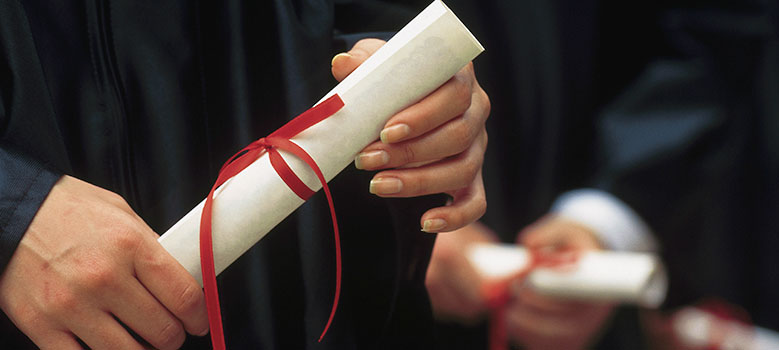2016-2017 CATALOG [ARCHIVED CATALOG]
Courses Offered
|
|
|

A grade of “C” or better is required in all prerequisite courses and in all courses specified by course numbers in the summary of required hours.
Note: Any program directed or technical electives, all Allied Health programs, Associate of Science in Teaching (AST), and Technical Certificates requires “C” or better in all course work.
|
| |
Radiation Protection |
| |
|
| |
|
| |
|
Nuclear Power |
| |
|
| |
|
| |
|
| |
|
| |
|
| |
|
| |
|
| |
|
| |
|
| |
|
| |
|
| |
|
| |
|
| |
|
| |
|
| |
|
| |
|
Non Destructive Testing |
| |
|
| |
|
| |
|
| |
|
| |
|
| |
|
| |
|
| |
|
Maintenance Technology |
| |
|
| |
|
| |
|
| |
|
| |
|
| |
|
| |
|
| |
|
| |
|
| |
|
| |
|
| |
|
| |
|
| |
|
| |
|
| |
|
| |
|
| |
|
| |
|
Forensic Science |
| |
|
| |
|
Learning Support |
| |
|
| |
|
Hospitality |
| |
|
| |
|
| |
|
| |
|
| |
|
| |
|
| |
|
| |
|
| |
|
| |
|
| |
|
| |
|
| |
|
| |
|
| |
-
HMGT 2120 - Beverage Management (3)
A study of beverage service in the hospitality industry including spirits, wines, beers and non-alcoholic beverages. Topics include purchasing, resource control, legislation, marketing, physical plant requirements, staffing, service and the selection of wines to enhance foods.
*ServSafe Alcohol certificate from National Restaurant Association is awarded upon successful completion of exam. [F,S] Note(s): Student must be AT COLLEGE LEVEL in all areas of study to take this course.
Click here for Fall course scheduling information.
|
| |
|
| |
|
| |
|
| |
-
HMGT 2240 - Hospitality Managerial Accounting (3)
A study of cost accounting terminology and concepts. Includes process costing, inventory management, and cash flow.
[F,S] Note(s): Student must be AT COLLEGE LEVEL in all areas of study to take this course.
Click here for Fall course scheduling information.
|
| |
-
HMGT 2250 - Revenue Management in Hospitality Operations (3)
This course instructs students in the skills necessary to obtain a solid understanding of hospitality revenue management’s key concepts and the selective application of its most effective strategies and tactics. Students will learn the applicability of revenue strategies and their operational aspects for the hospitality industry. Students will have an opportunity to take the AHLEI certification exam for this course.
[F,S] Note(s): Student must be AT COLLEGE LEVEL in all areas of study to take this course.
Click here for Fall course scheduling information.
|
| |
|
Culinary |
| |
|
| |
|
| |
|
| |
|
| |
|
| |
|
| |
|
| |
|
| |
|
| |
|
Literature |
| |
|
College Success |
| |
|
| |
|
| |
|
| |
|
| |
|
| |
|
| |
|
| |
|
Administrative Professional |
| |
-
OA 000 - Administrative Office Professional
The Administrative Office Professional program is an TCAT diploma that prepares students to assume positions as office managers, supervisors, or as assistants to top executives. During the program, the student will develop skills for entry-level office employment. First-year classes emphasize technology, proofreading and editing, document formatting, filing, machine transcription, human relations, and computerized 10-key machine. The program also emphasizes word processing, spreadsheet, database, and presentation graphics skills using a Windows operating system.
During the program, students will develop administrative skills necessary to participate as part of the management team. Office management personnel assist in planning, organizing, and controlling the information related activities and in leading or directing people to attain the objectives of the organization. They may handle a wide range of daily responsibilities including the supervision of support services.
In the final semester of the program, students will complete a review course to prepare them for the Certified Professional Secretary exam.
Click here for Fall course scheduling information.
|
WEB Technology |
| |
|
| |
|
| |
|
| |
|
| |
|
| |
|
| |
|
| |
|
| |
Page: 1 <- 2
| 3
| 4
| 5
| 6
| 7
| 8
| 9
| 10
| 11
| 12
|
|